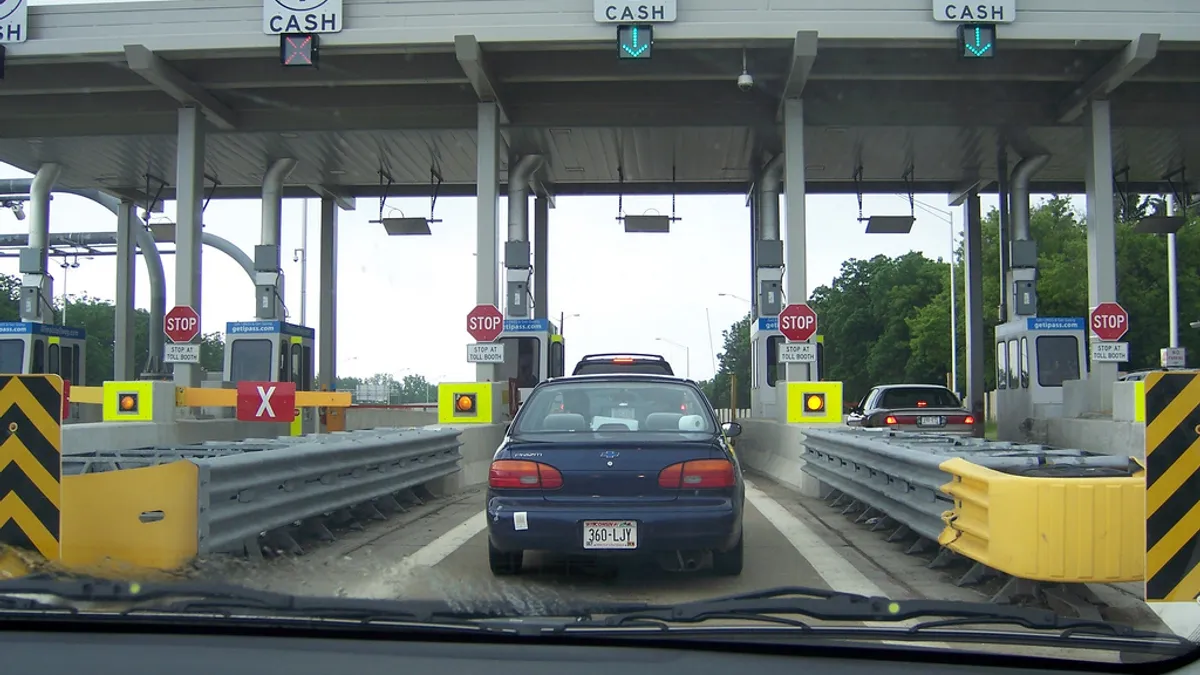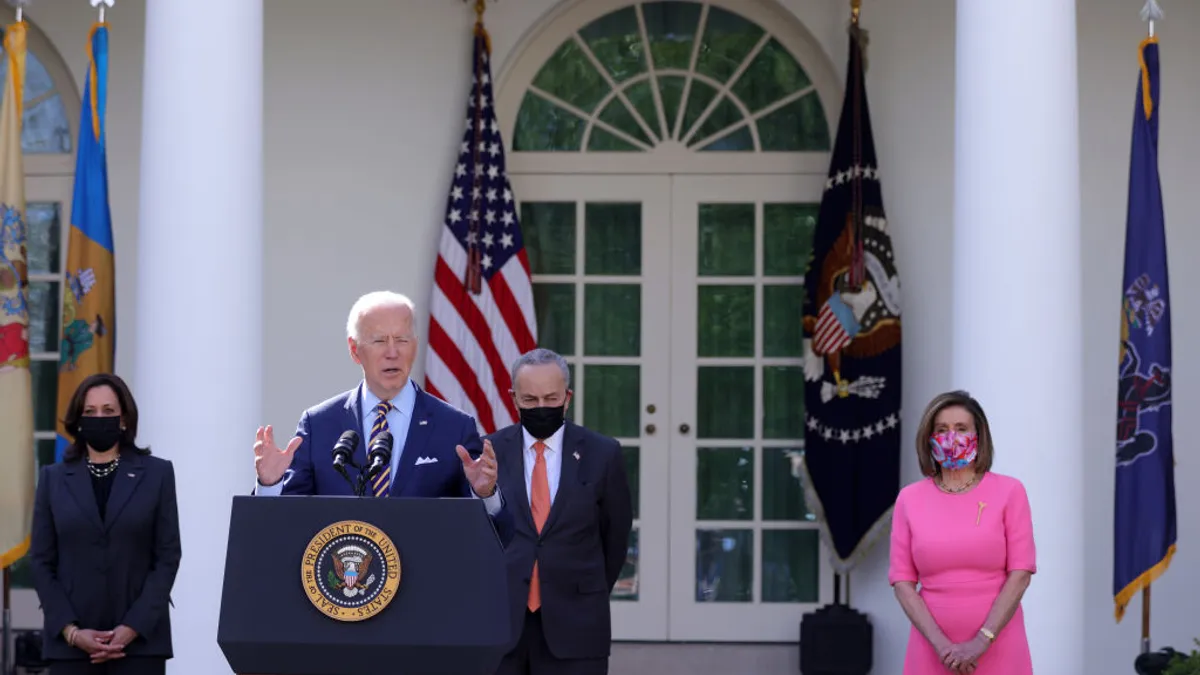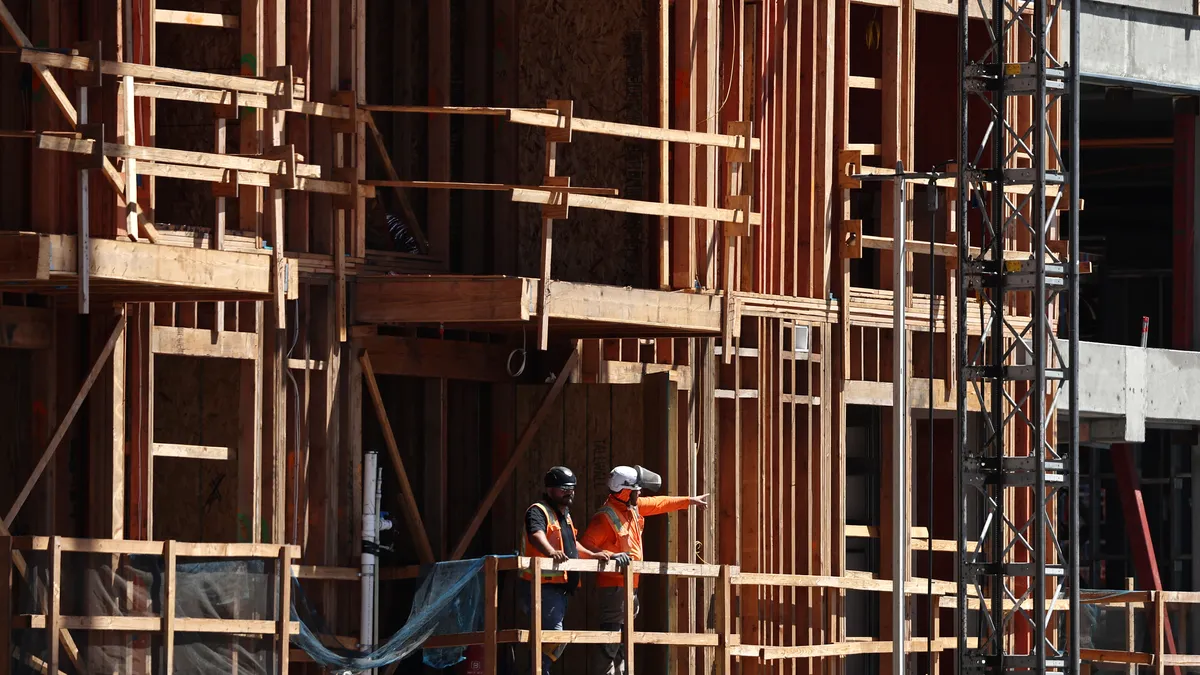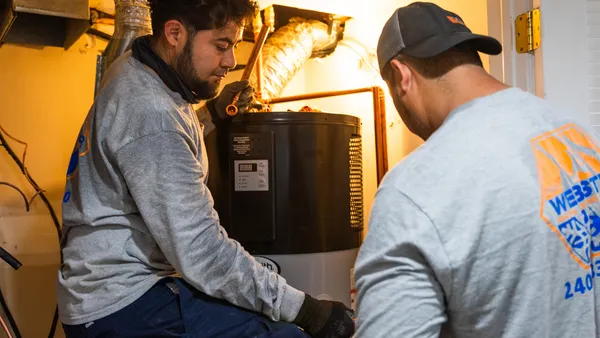Dive Brief:
- A recent Moody's Investment Services report suggests that President Donald Trump's $1.5 trillion infrastructure plan could result in more private investment through public-private partnerships (P3s), but that state and local governments will have to rethink their revenue policies in order to attract investors.
- Moody's gives the Trump plan points for allowing more federal agencies – therefore a wider variety of projects – to use P3s and for providing financing options like low-cost loans and private activity bonds. The investment group also applauded the administration's push for a more streamlined permitting process.
- The growth of P3s, Moody's said, is largely dependent on whether state and local governments will be willing to embrace new revenue streams, like those from tolling, in the face of public opposition to those kinds of fees. Moody's also said that the suggested limited environmental reviews could cause problems for project owners and operators in the long term, and that the president's plan lacks funding details, particularly in the identification of long-term revenue for the Highway Trust Fund.
Dive Insight:
The Highway Trust Fund, which allocates money to the states for surface transportation projects, has been running near empty for years, but lawmakers have refused to seriously consider an increase in the federal gas tax, which has remained at 18.4 cents per gallon for gas and 24.4 cents per gallon for diesel since 1993. The U.S. Chamber of Commerce, and, to a lesser degree, the White House, supports a 25-cent-per-gallon increase in the taxes for both gas and diesel.
However, earlier this month, House Majority Leader Paul Ryan (R-Wis.) said that a tax increase was a non-starter. Senate Minority Leader Chuck Schumer (D-NY) has long been opposed to a gas-tax hike and came out against an earlier suggestion by the Trump administration to raise it even seven cents.
Whether it’s an increase of the federal gas tax or some other revenue-generating plan, if lawmakers don't come up with a way to secure long-term funding, the Congressional Budget Office said the HTF will go bust in approximately seven years.
In addition to states dealing with the potential reality of a depleted HTF, the president's infrastructure plan puts responsibility on state and local agencies for coming up with most of the financing for projects deemed to be local or regional.
The $13 billion New York-New Jersey Hudson River tunnel replacement is caught in the crossfire of this new policy. The Port Authority of New York and New Jersey, along with New York and New Jersey governors, said they struck a deal with the Obama administration to fund half the project, but Trump's Department of Transportation has denied there was ever such a deal and suggested the tunnel is a local concern, meaning it is not entitled to that much federal financing. Critics of Trump's position maintain the Hudson River tunnel has national economic impact and should be treated as such.











